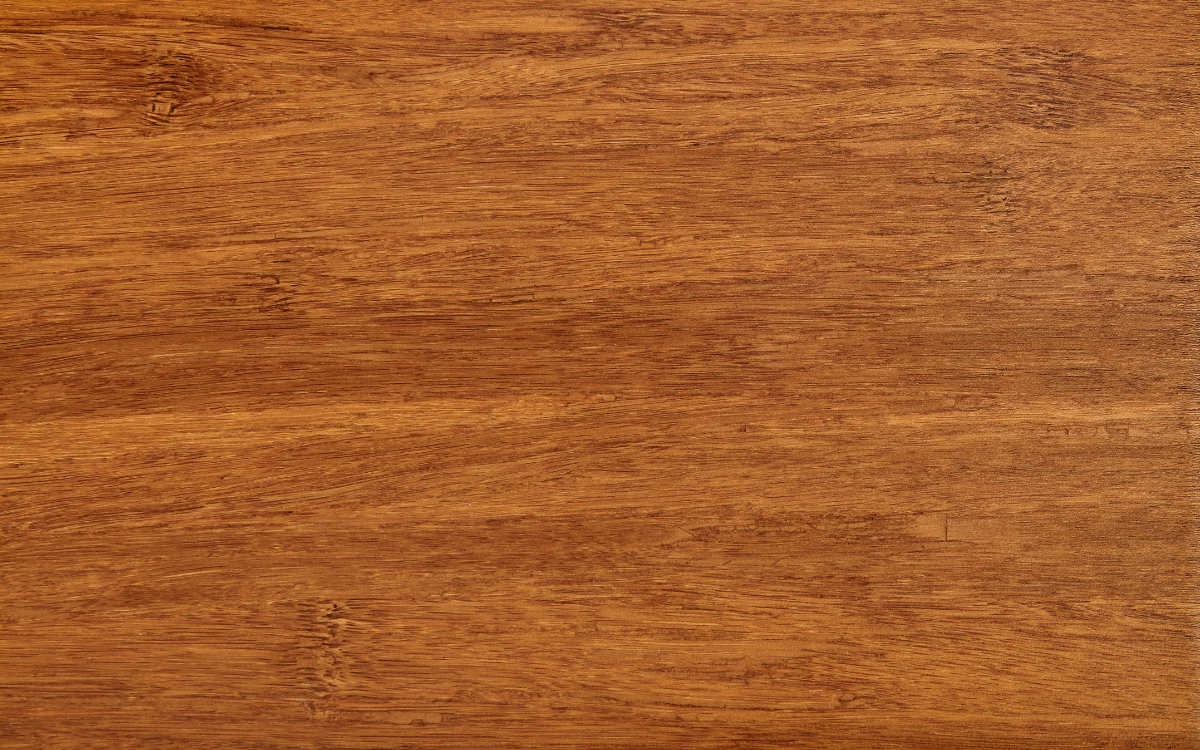
When it comes to choosing flooring for your home or business, bamboo and hardwood are two popular options that often come to mind. Each material has its own unique characteristics, benefits, and drawbacks. As a bamboo flooring factory technologist, I have a deep understanding of both materials, allowing me to provide a clear comparison that highlights their pros, cons, and price points.
Understanding Bamboo and Hardwood
Bamboo flooring is made from the fast-growing bamboo grass, which is known for its sustainability and rapid renewability. In contrast, hardwood flooring is derived from slow-growing trees like oak, maple, and walnut. This fundamental difference in sourcing leads to distinct properties in both flooring types.
Pros of Bamboo Flooring
Sustainability: Bamboo is one of the most renewable resources available. It grows quickly and can be harvested every three to five years without damaging the plant, making it an eco-friendly choice.
Durability: Bamboo flooring, especially strand-woven bamboo, is incredibly durable and often harder than many hardwoods. This makes it suitable for high-traffic areas.
Cost-Effectiveness: Generally, bamboo flooring is more affordable than hardwood. This can make it an attractive option for those on a budget.
Variety of Styles: Bamboo comes in various colors, patterns, and finishes, allowing for versatile design options that can suit different aesthetics.
Ease of Maintenance: Bamboo flooring is relatively easy to maintain. Regular sweeping and occasional damp mopping can keep it looking new.
Cons of Bamboo Flooring
Moisture Sensitivity: Bamboo can be sensitive to moisture and humidity, which may lead to warping or swelling if not properly cared for. This makes it less ideal for areas like bathrooms or basements unless treated specifically for moisture resistance.
Limited Refinishing Options: While bamboo can be refinished, it generally has fewer refinishing cycles compared to hardwood. This may limit its lifespan in high-use areas.
Color Fading: Over time, exposure to sunlight can cause bamboo flooring to fade. This requires careful placement of rugs or furniture to protect the surface.
Pros of Hardwood Flooring
Classic Aesthetic: Hardwood flooring is often considered timeless and elegant. The natural grain patterns and rich colors of hardwood can enhance the beauty of any space.
Longevity: With proper care, hardwood flooring can last for decades, and it can be refinished multiple times to restore its original appearance.
Value Addition: Homes with hardwood flooring often see an increase in property value. Many buyers prefer hardwood floors, which can be a selling point.
Variety of Options: There is a vast range of hardwood species, each with its unique characteristics. This allows homeowners to choose a type that fits their personal style and functional needs.
Cons of Hardwood Flooring
Cost: Hardwood flooring is typically more expensive than bamboo. The initial investment can be significant, especially for high-quality species.
Susceptibility to Scratches: Hardwood is more prone to scratches and dents compared to bamboo, particularly in high-traffic areas or homes with pets.
Moisture Vulnerability: Like bamboo, hardwood is also sensitive to moisture. It can warp or swell if exposed to excessive humidity, making it less suitable for certain environments.
Price Comparison
Pricing for both bamboo and hardwood flooring can vary widely based on quality, brand, and installation costs. Here’s a general comparison:
Bamboo Pricing
Cost per Square Foot: Bamboo flooring typically ranges from $2 to $8 per square foot, depending on the quality and style. Strand-woven bamboo, known for its durability, may be on the higher end of the spectrum.
Installation Costs: Installation costs can range from $1 to $4 per square foot, depending on the complexity of the installation and the region.
Hardwood Pricing
Cost per Square Foot: Hardwood flooring prices vary significantly based on the type of wood. Common hardwoods like oak and maple can range from $5 to $10 per square foot, while exotic woods can go up to $15 or more.
Installation Costs: Hardwood installation typically ranges from $2 to $6 per square foot. This can vary based on factors like subfloor preparation and the type of finish chosen.
Long-Term Value
When considering long-term value, both flooring types have their merits. Bamboo’s lower initial cost can make it appealing, especially for budget-conscious consumers. However, hardwood’s longevity and refinishing capabilities can offer better value over time, particularly in homes where flooring wear and tear is expected.
Conclusion
Choosing between bamboo and hardwood flooring ultimately depends on your specific needs, preferences, and budget. Bamboo offers a sustainable and cost-effective solution with excellent durability for many applications, while hardwood provides timeless beauty and long-lasting value. Evaluating the pros and cons of each material will help you make an informed decision that suits your lifestyle and enhances your space. Whether you opt for the modern appeal of bamboo or the classic elegance of hardwood, both flooring options can provide a beautiful foundation for your home.
